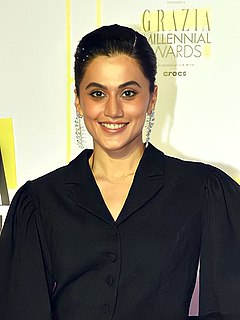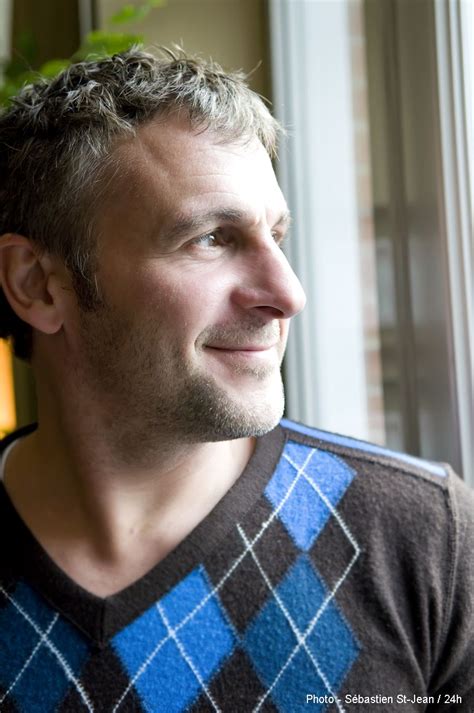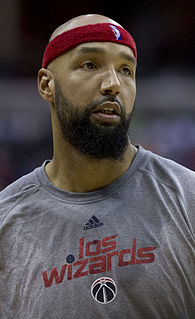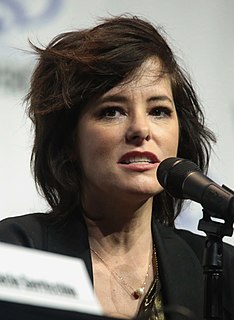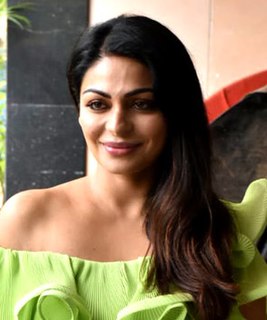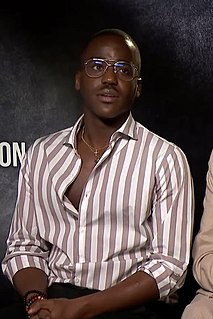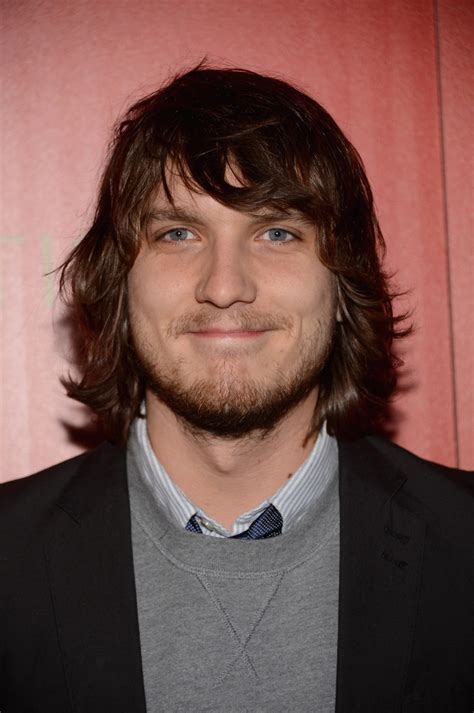A Quote by Rajiv Menon
It is how you approach the role given to you, and how you relate to that character and then how you adapt and gel into that role which makes you a good actor.
Related Quotes
TV and film both attract me equally. In both, you do search for a role that would be enjoyable to do, that has a great storyline and then, secondly, you look at the cast and the crew - are they respectable? How I look at it is my character - has the character got enough substance? It can't just be a one faced character, which is there to fill a gap. He has to have a purpose, so if it ticks all of those boxes then generally it's a good choice.
Now all the myths that you have heard and that resonate with you, those are the elements from round about that you are building into a form in your life. The thing worth considering is how they relate to each other in your context, not how they relate to something out there-how they were relevant on the North American prairies or in the Asian jungles hundreds of years agon, but how they are relevant now-unless by contemplating their former meaning you can begin to amplify your own understanding of the role they play in your life.
I want people with epilepsy to know that there are ways in which they can play a role in their own recovery. It's all in how they approach what is happening and how they can use that as a catalyst for their own growth. If there's one thing that I've learned, it's that people are willing to embrace you if you share your story.
I think it's quite natural as an actor to compare yourself to how well other people are doing and how other people might've played that role you auditioned for. There's a lot of comparison you can do as an actor, which is natural, because it's a competitive industry. However, we're all individuals, so you can only ever be yourself.
I had to audition for Fandango. When I read the script, the role that was interesting - so everyone thought - was the role that Costner played. He was the cool guy. And I read the script, and my representation at the time said, "That's the role you should read for." And I was like, "Really? How about I read for this other role." And they went, "Well, you're not going to get that role."


